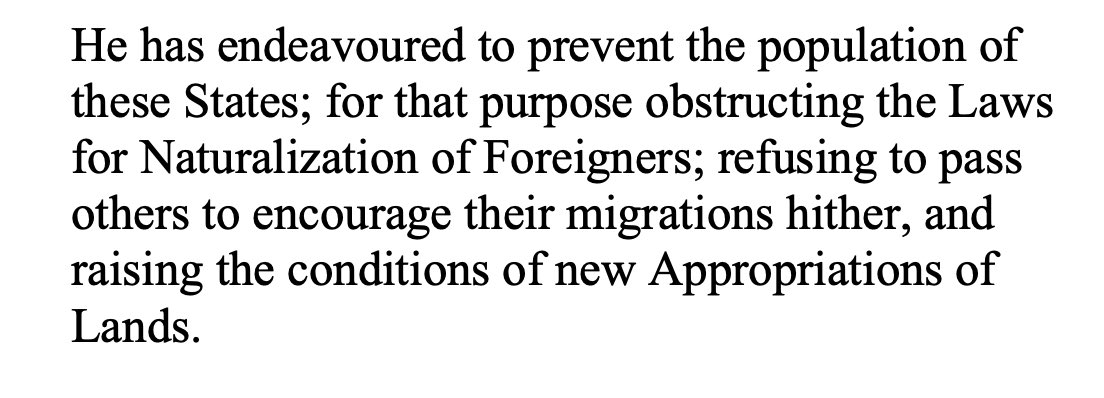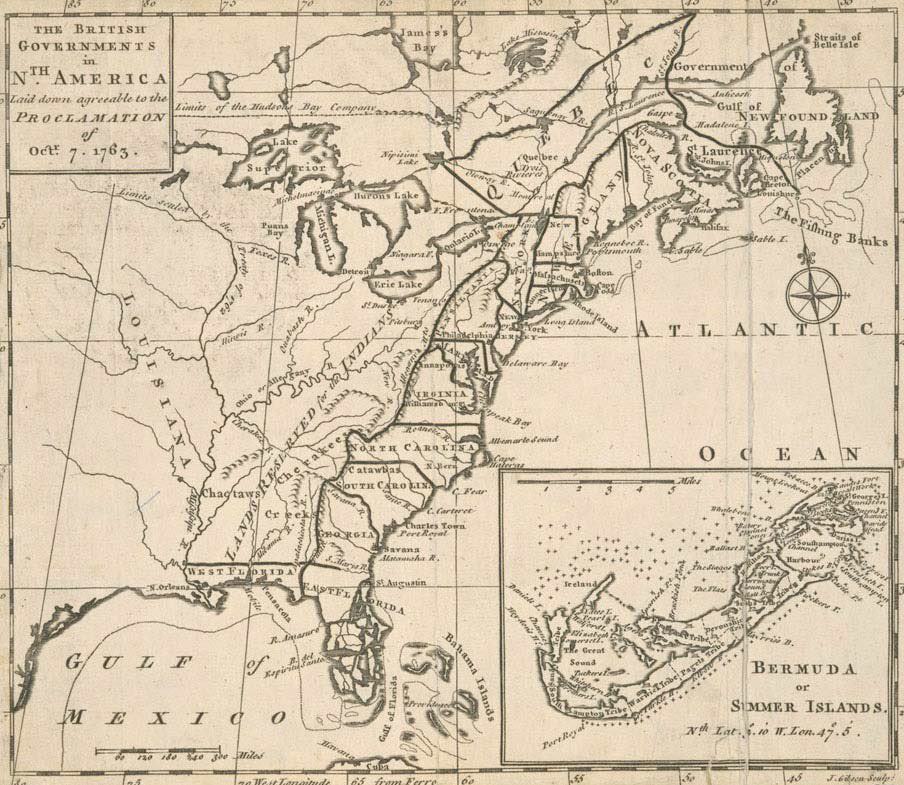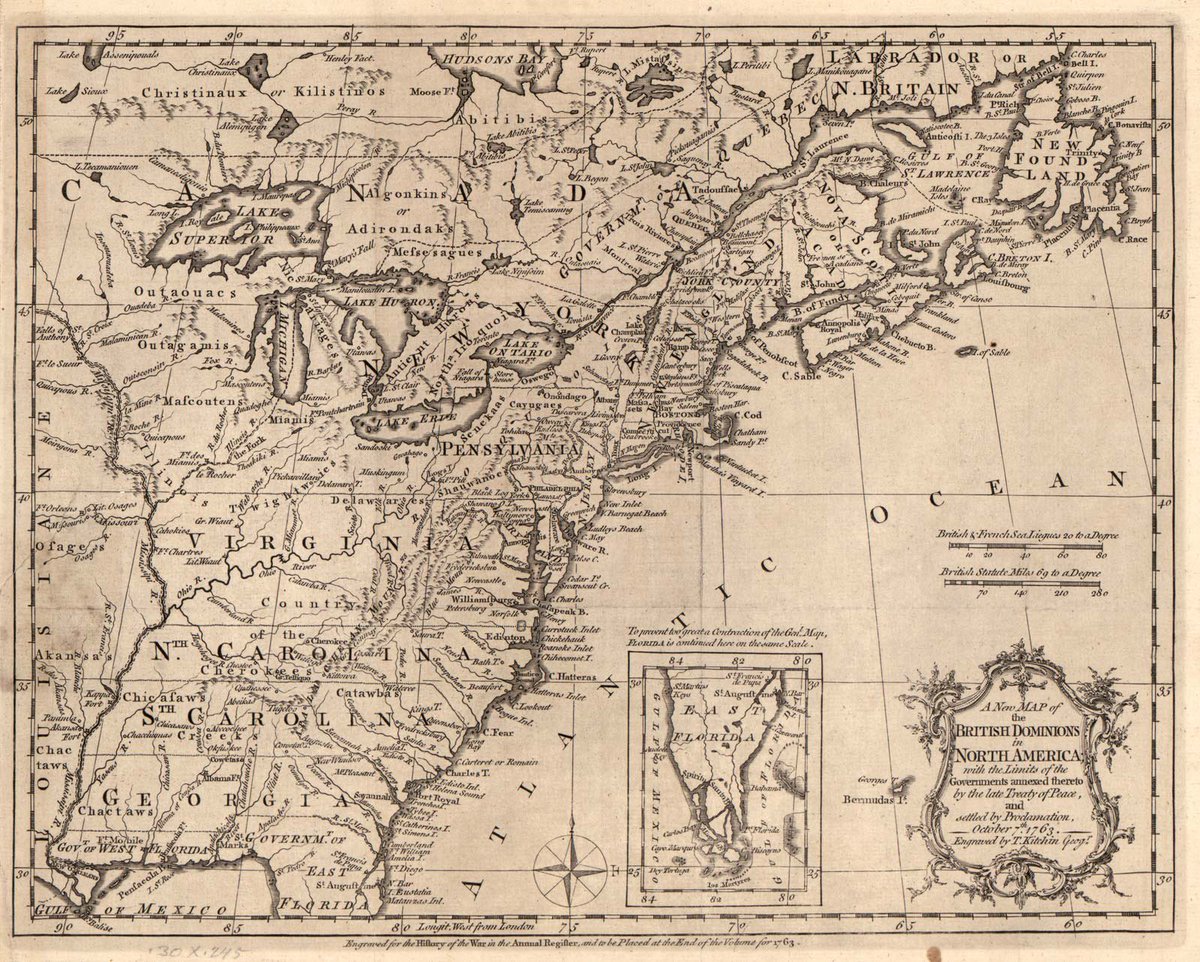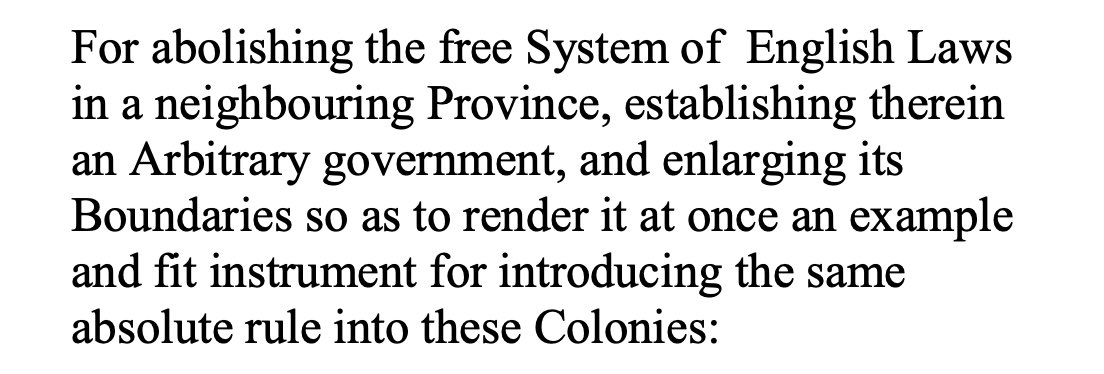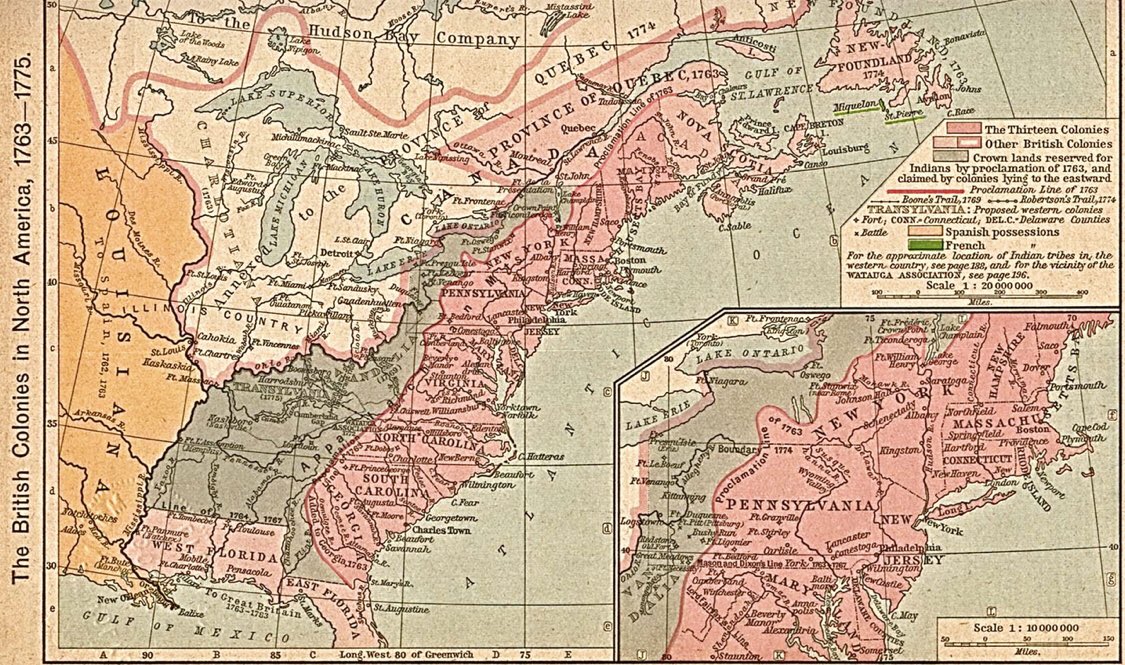I’ve read or listened to the Declaration of Independence many times (I love the annual NPR version), but, like many people, I never paid particular attention to the litany of grievances in the back half. But boy, if you do . . . 1/
Let’s just say that among them are some we might call  today. Take this one, for example, which deals with the British government’s refusal to allow the “population of these States” and the “new Appropriations of Lands.” 2/
today. Take this one, for example, which deals with the British government’s refusal to allow the “population of these States” and the “new Appropriations of Lands.” 2/
 today. Take this one, for example, which deals with the British government’s refusal to allow the “population of these States” and the “new Appropriations of Lands.” 2/
today. Take this one, for example, which deals with the British government’s refusal to allow the “population of these States” and the “new Appropriations of Lands.” 2/
What that one was about, in big part, was the Royal Proclamation of 1763, which declared all lands west of the Appalachians to be Crown lands and banned white settlement. 3/
The goal of the Royal Proclamation was to create a western reserve for Native tribes. But it angered land hungry American colonists greatly. George Washington was among those with land claims west of the boundary line. (Below the colonies’ land claims.) 4/
(Not that the British didn’t envision settlement in the West, just that the Crown would mediate and control it instead of a free for all that would push Indians, who the British saw as crucial allies against other European powers, off their land.) 5/
Which relates to this complaint in the Declaration about the Quebec Act of 1774, which objects both to the restoration of French civil law in Québec ( ) and the expansion of Québec’s borders into the Ohio Valley. 6/
) and the expansion of Québec’s borders into the Ohio Valley. 6/
 ) and the expansion of Québec’s borders into the Ohio Valley. 6/
) and the expansion of Québec’s borders into the Ohio Valley. 6/
Since Québec was directly ruled by the Crown rather than by a colonial assembly, the expectation was that the British would continue to restrict colonists from settling in the Ohio Valley in order to protect Native tribes. 7/
(When the colonies gained their independence, one of the first acts of the new government would be to pass the Land Ordinance of 1784 providing for the eventual partition of what became known as the Northwest Territory into new states.) 8/
And then there is this one, dealing with British encouragement of “domestic insurrections,” which is a reference to British promises of freedom to slaves who fled their masters & fought with the British - and rumors that the British were prepared to encourage slave revolts. 9/
Note: That particular clause also talks about British military alliances with Native tribes in the West - describing them cringingly as “merciless Indian savages.” 10/
And last but not least, there is this one - which talks fair enough about suspension of colonial legislatures. But then alludes to the asserted right of Parliament to legislate for the colonies. 11/
That right was controversial and not just in the American colonies - it was a big issue in Ireland (then a separate kingdom With its own parliament) as well. 12/
But in the American context undergirding it was the concern that Parliament would abolish slavery throughout the Empire - as Parliament did, in fact, do in 1833. 13/
None of which is to say the founding generation were horrid people that we shouldn’t honor and celebrate. But it is to say that they and their motives were complicated. 14/
And that we should recognize that complexity and grapple honestly with the fact that a big part of animating force behind the Revolution and American nationhood was to win the freedom to drive Indians off their land as well as to preserve slavery. 15/
And having that nuanced adult view of the founding generation is important as we think about what our nation should be going forward. 16/

 Read on Twitter
Read on Twitter